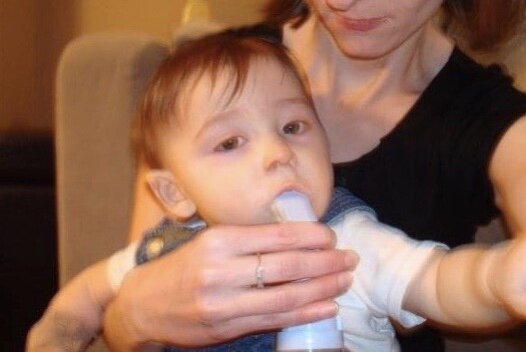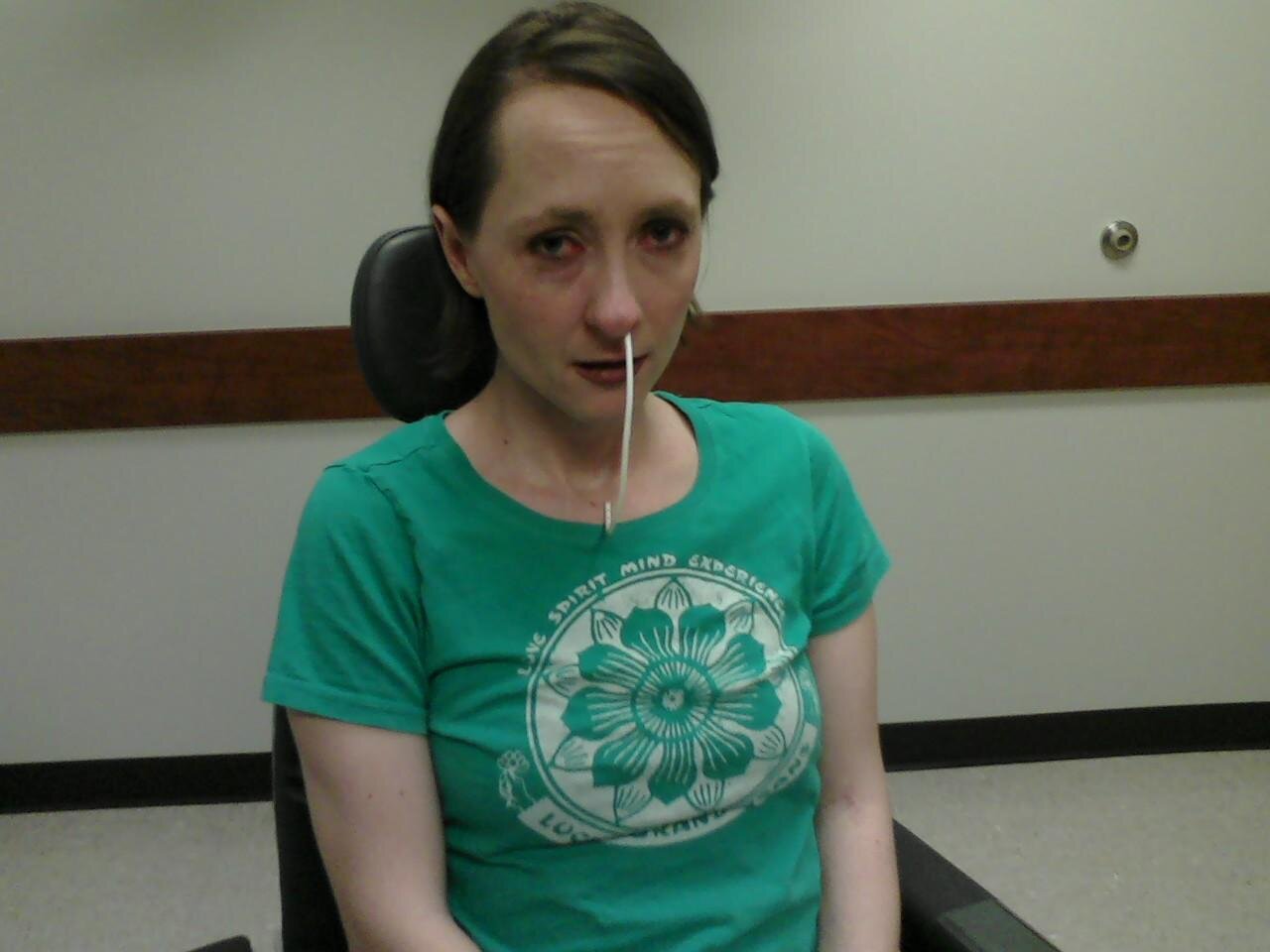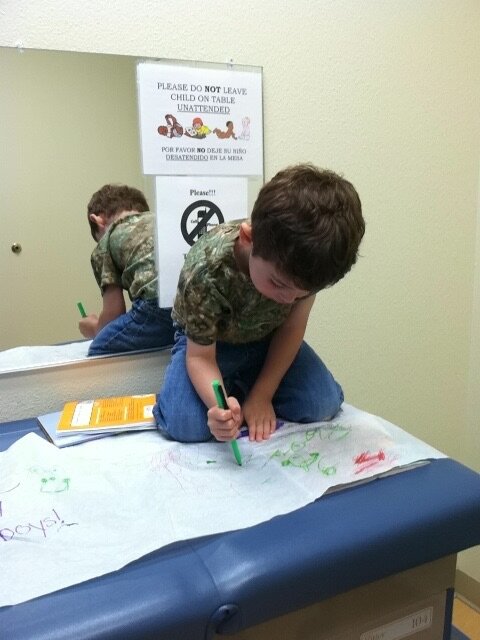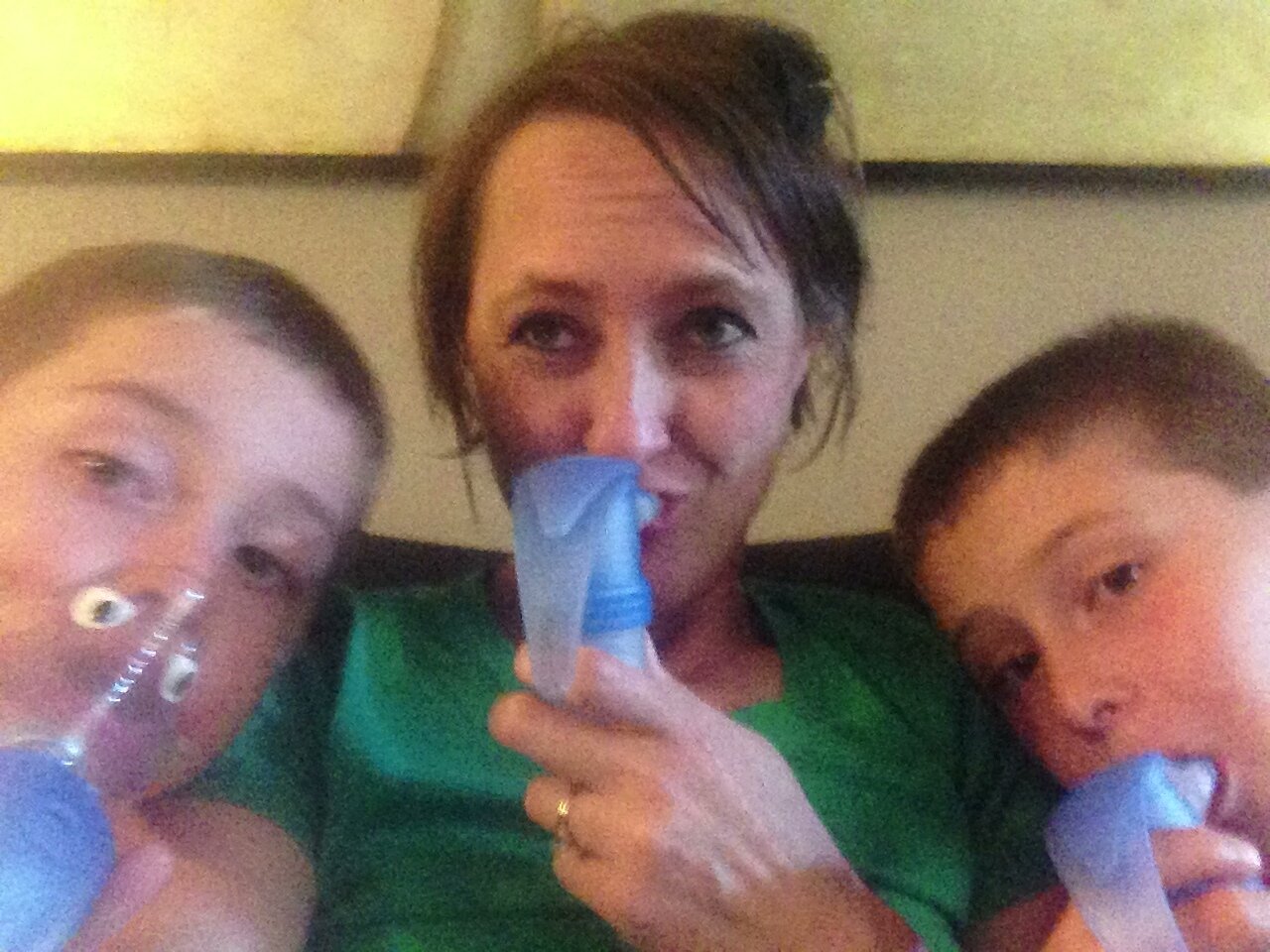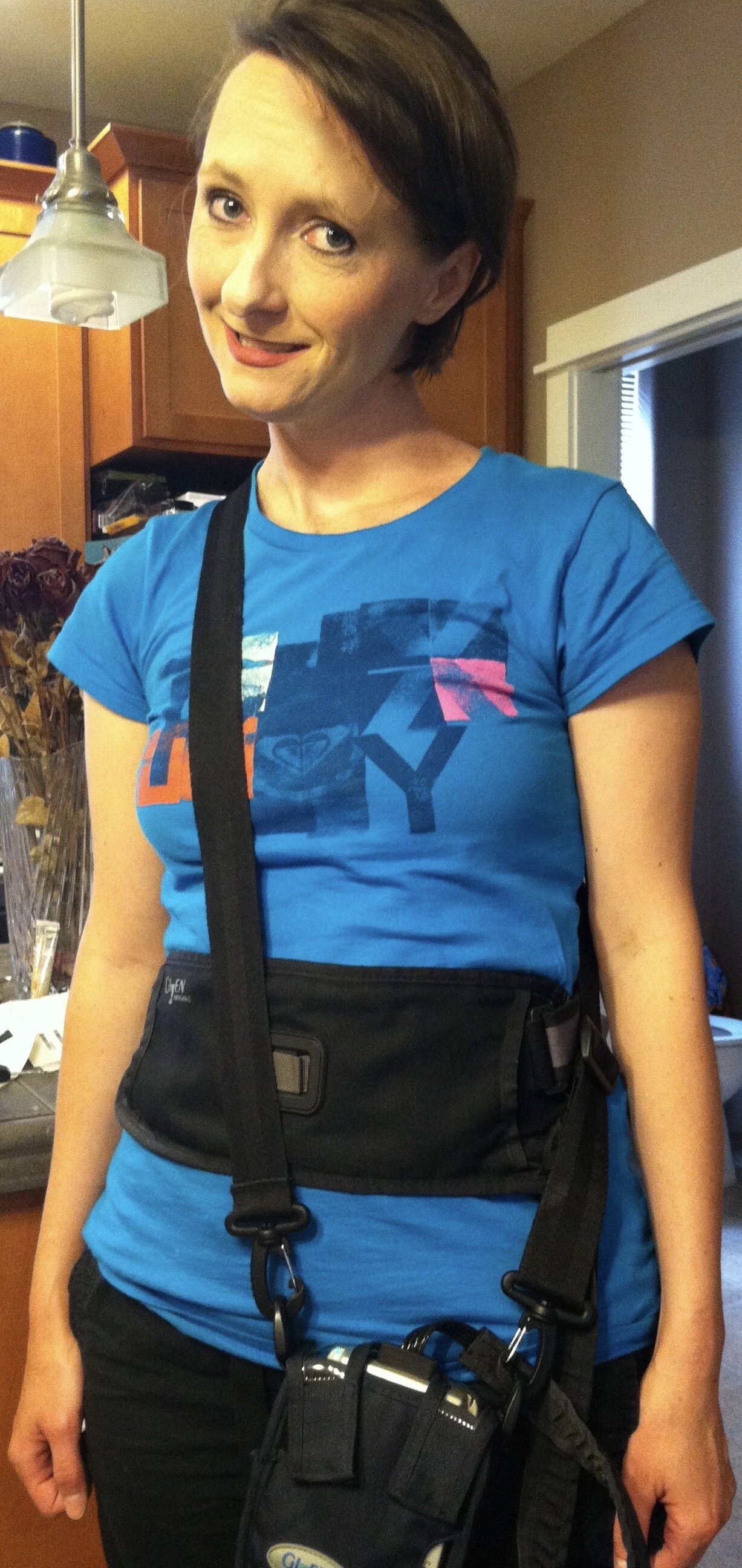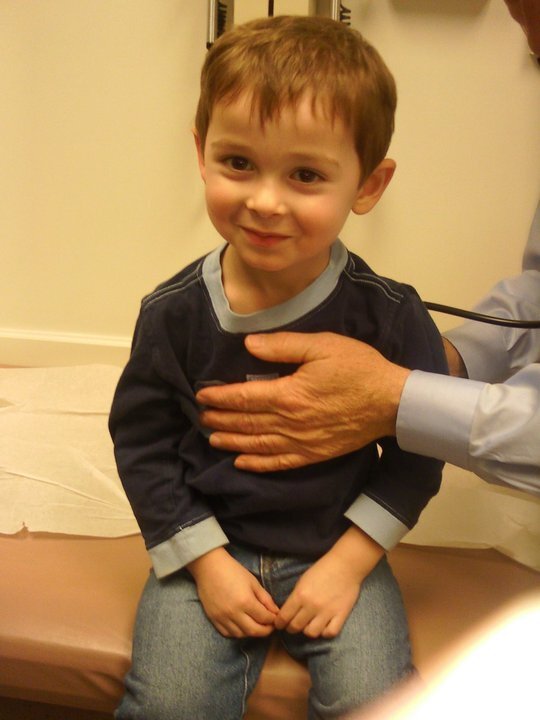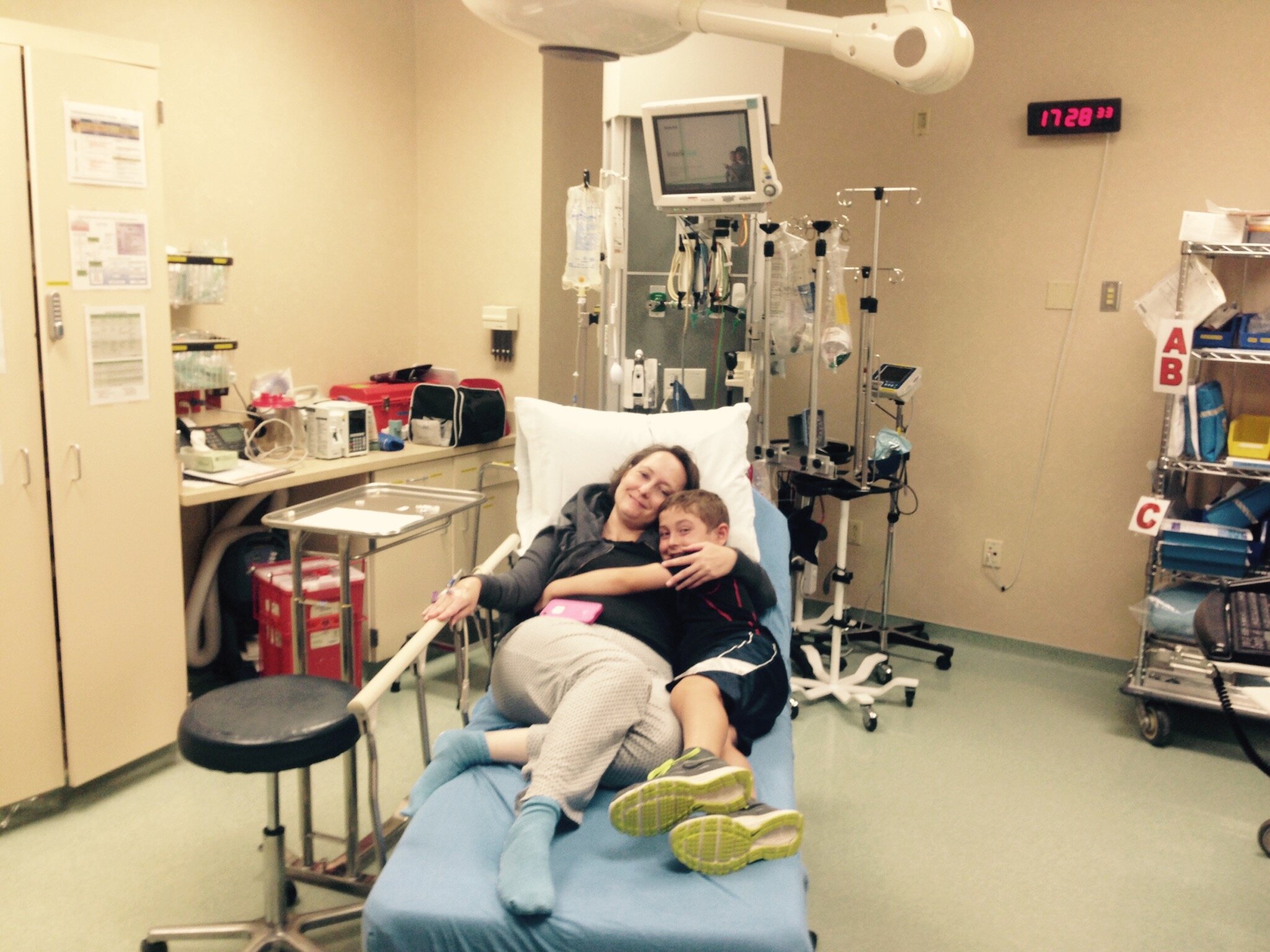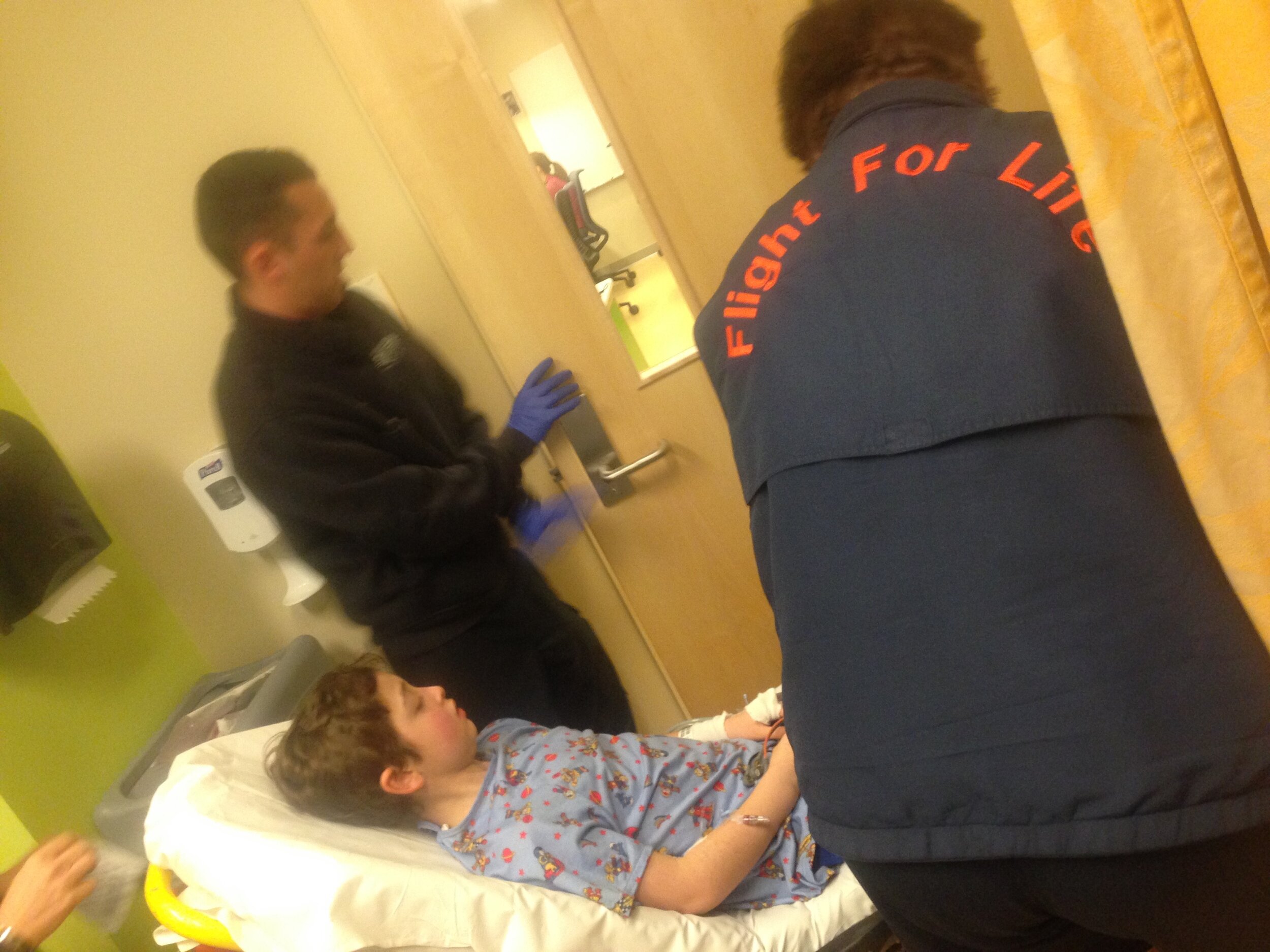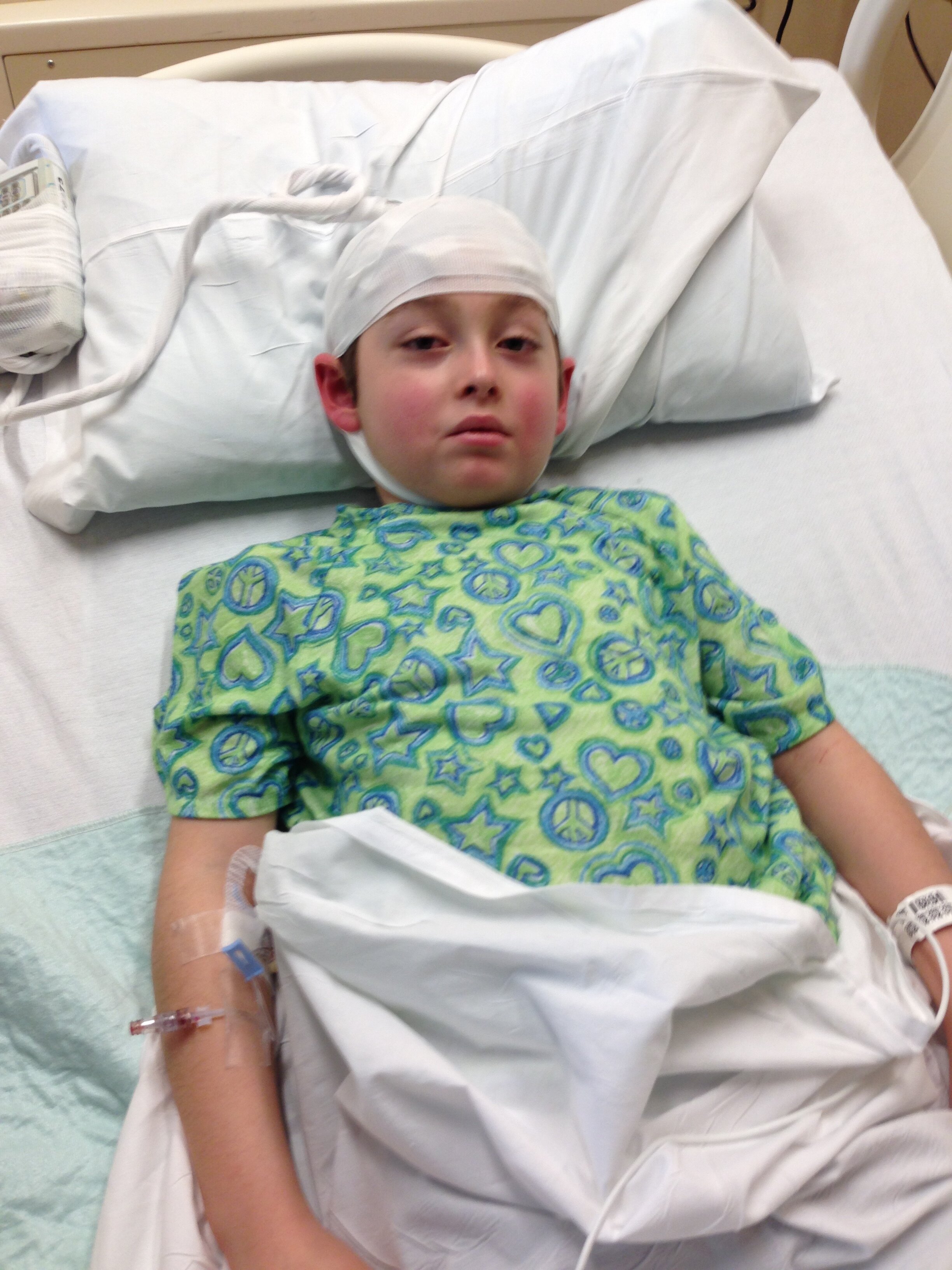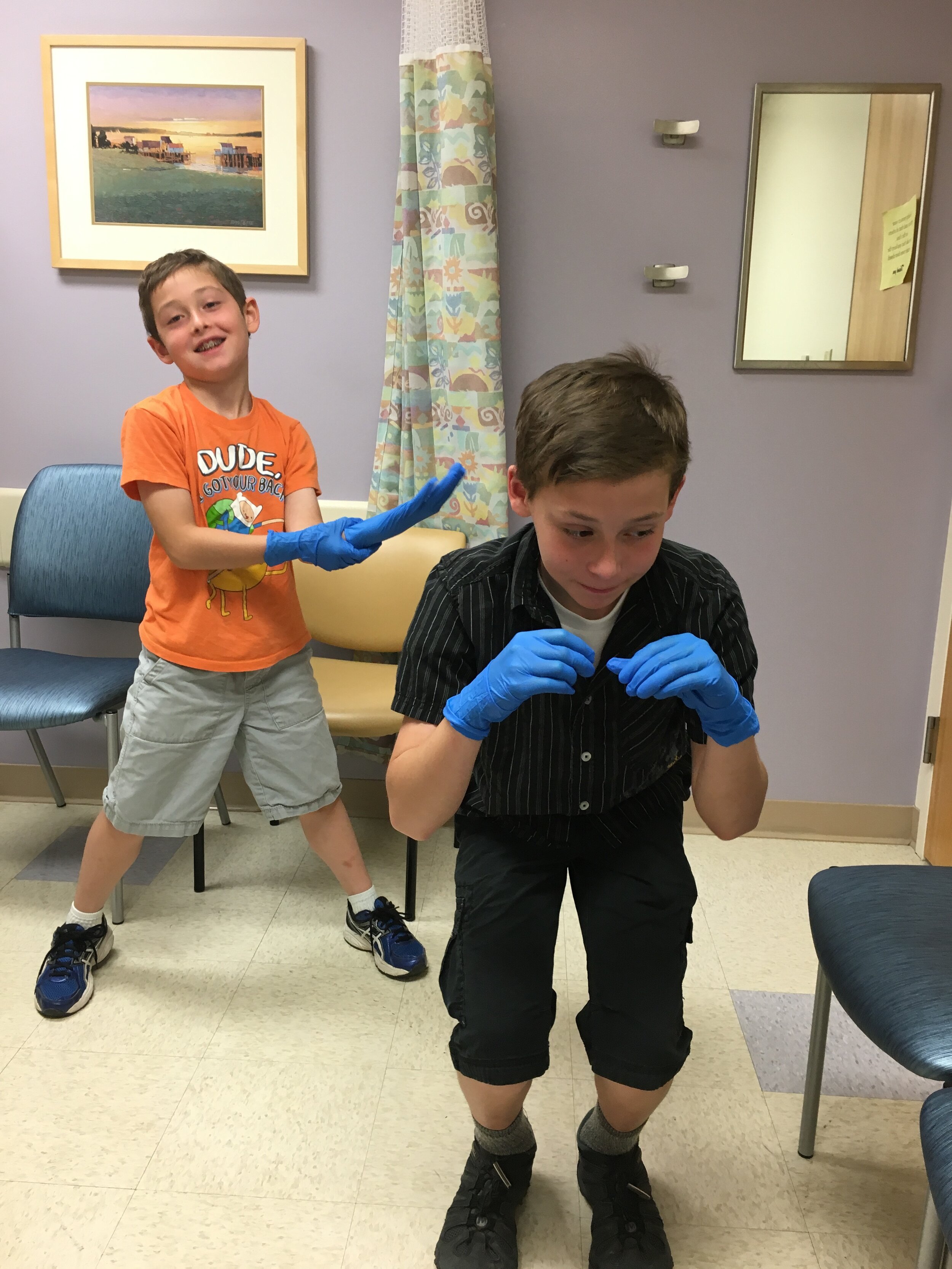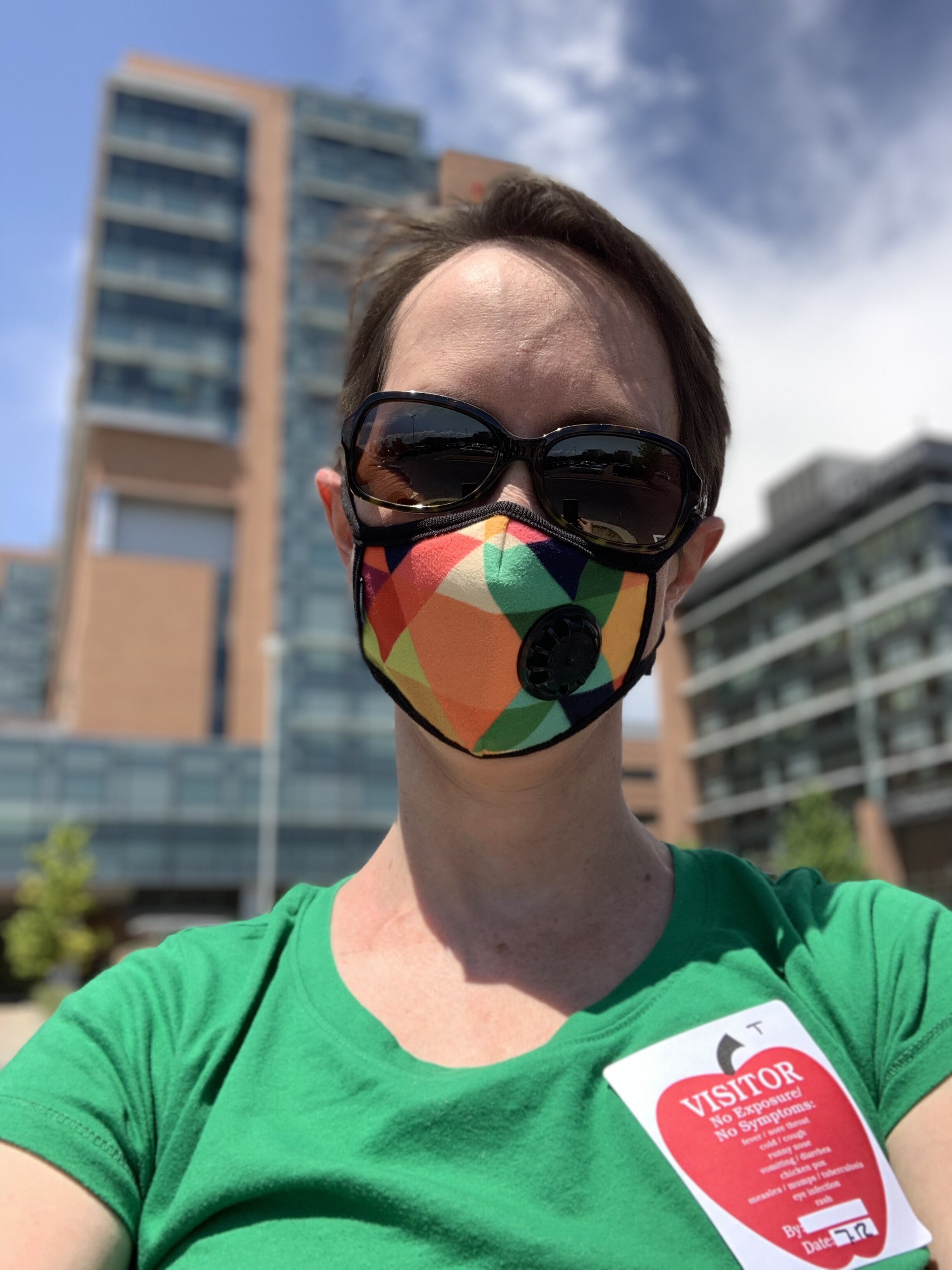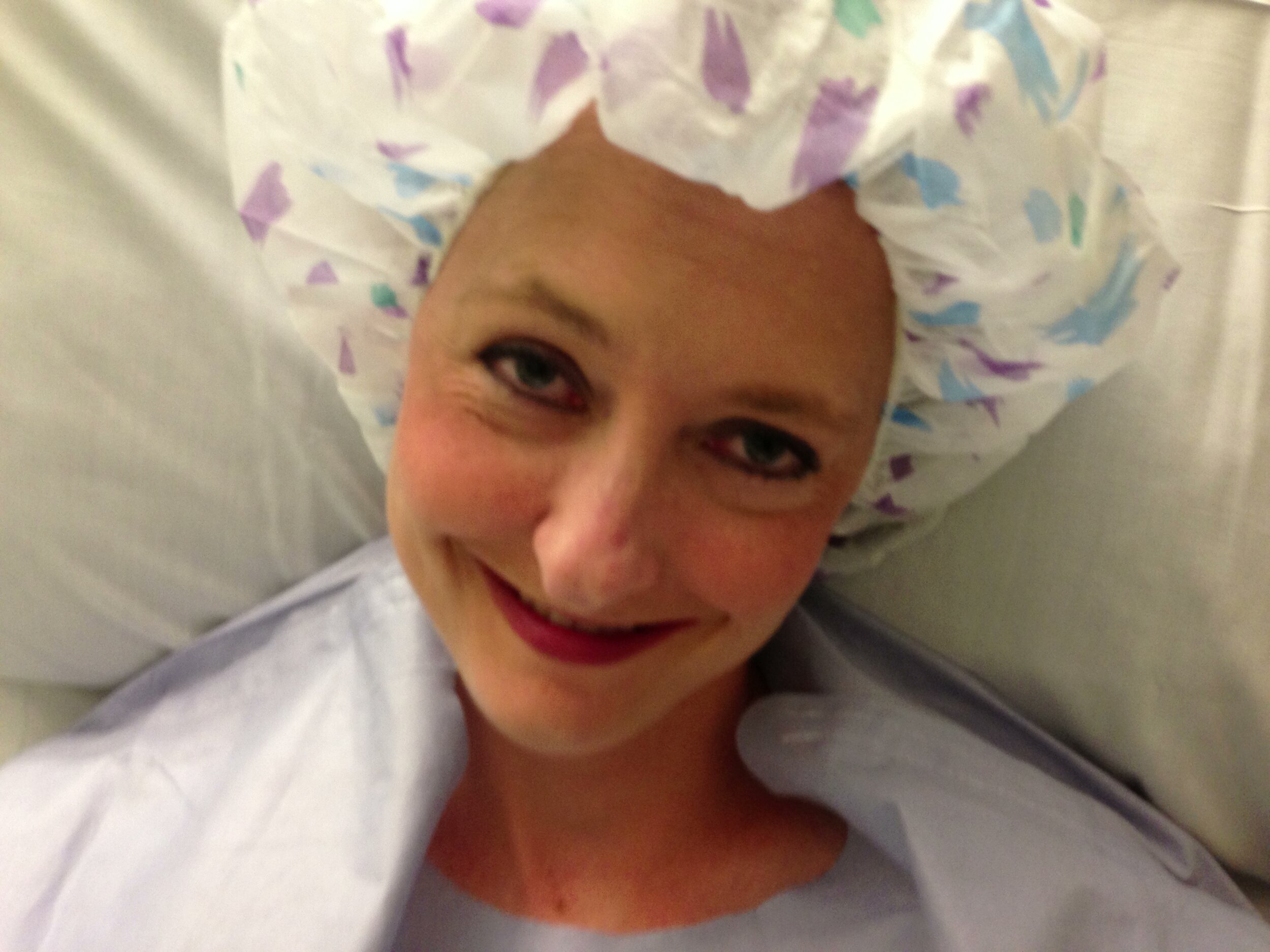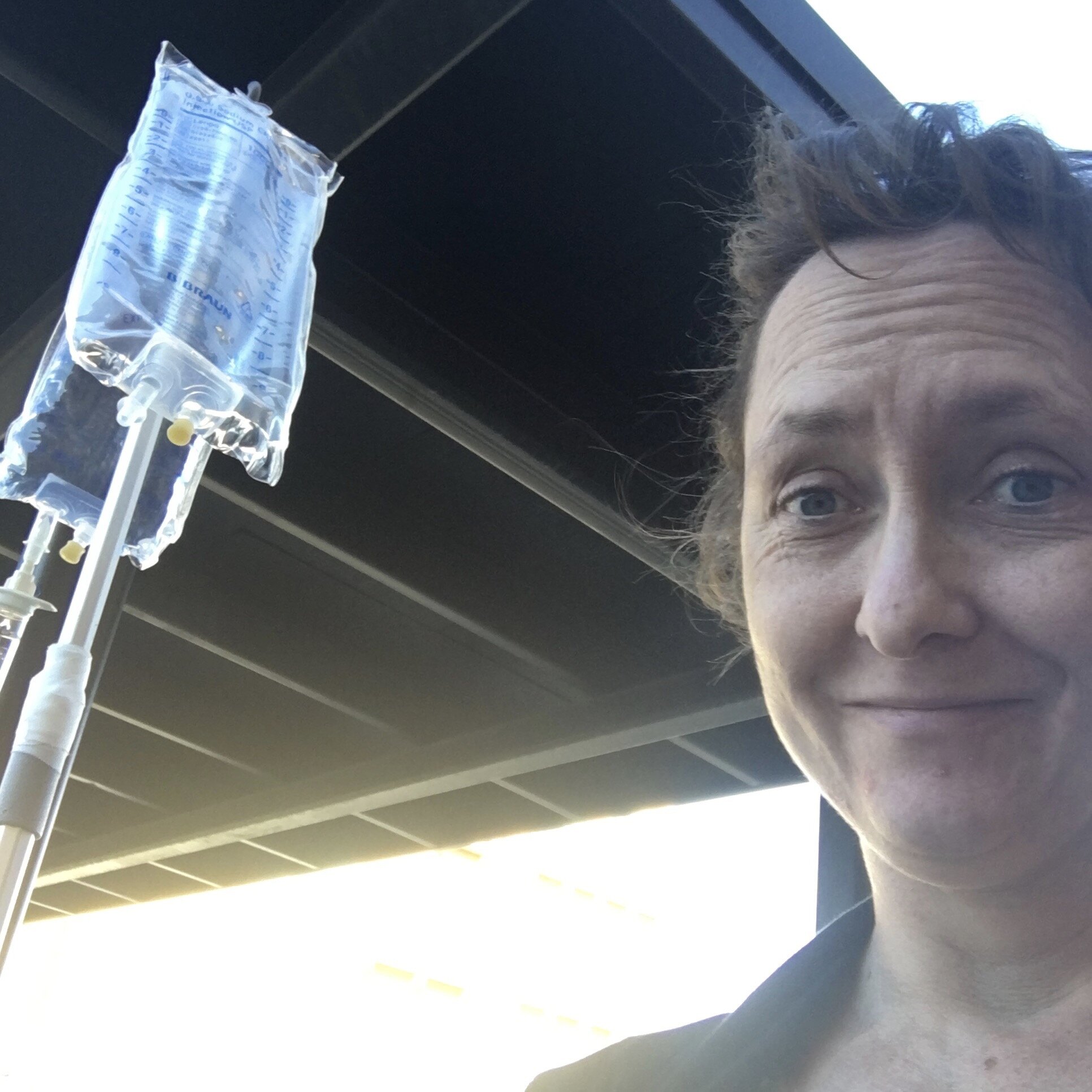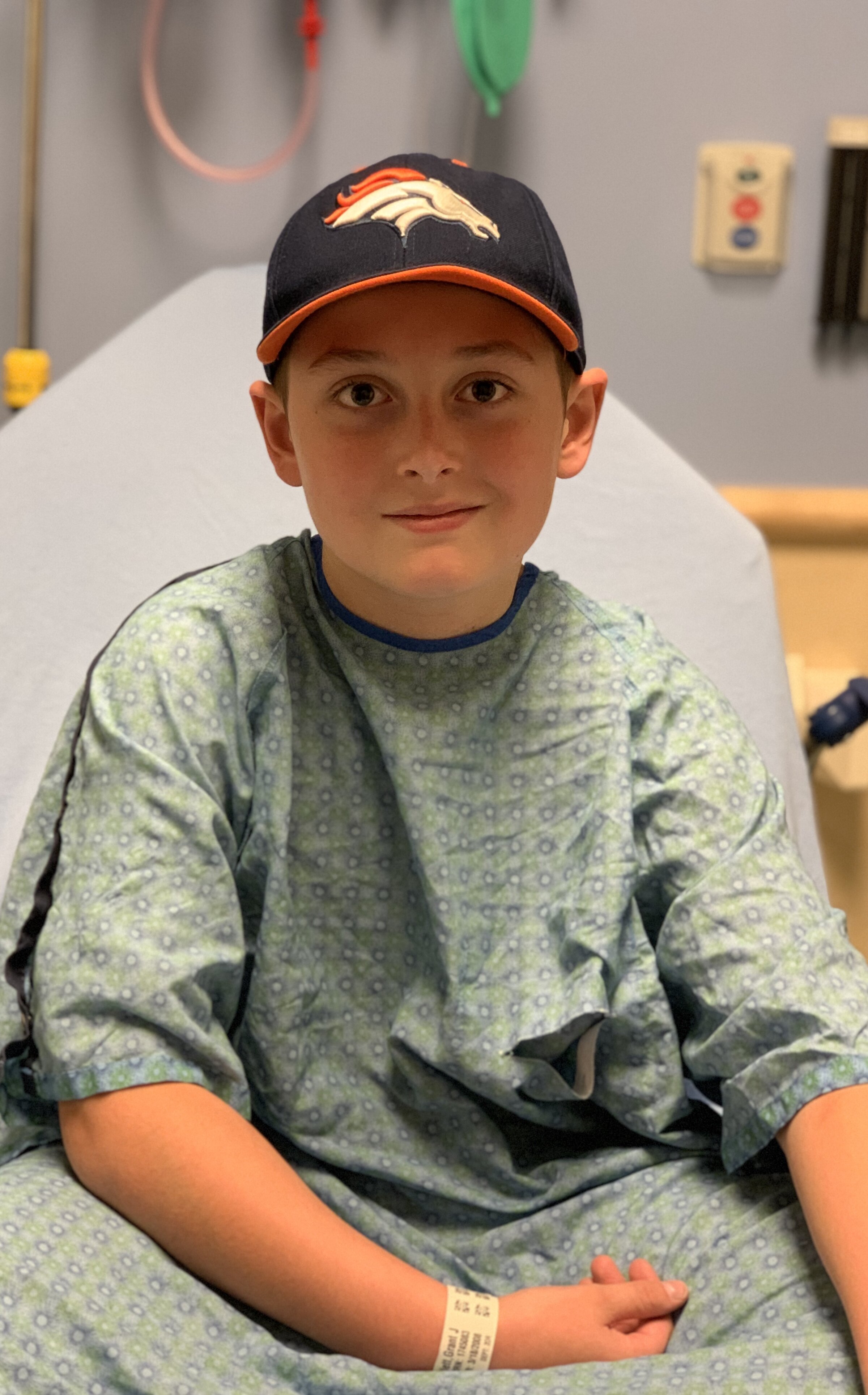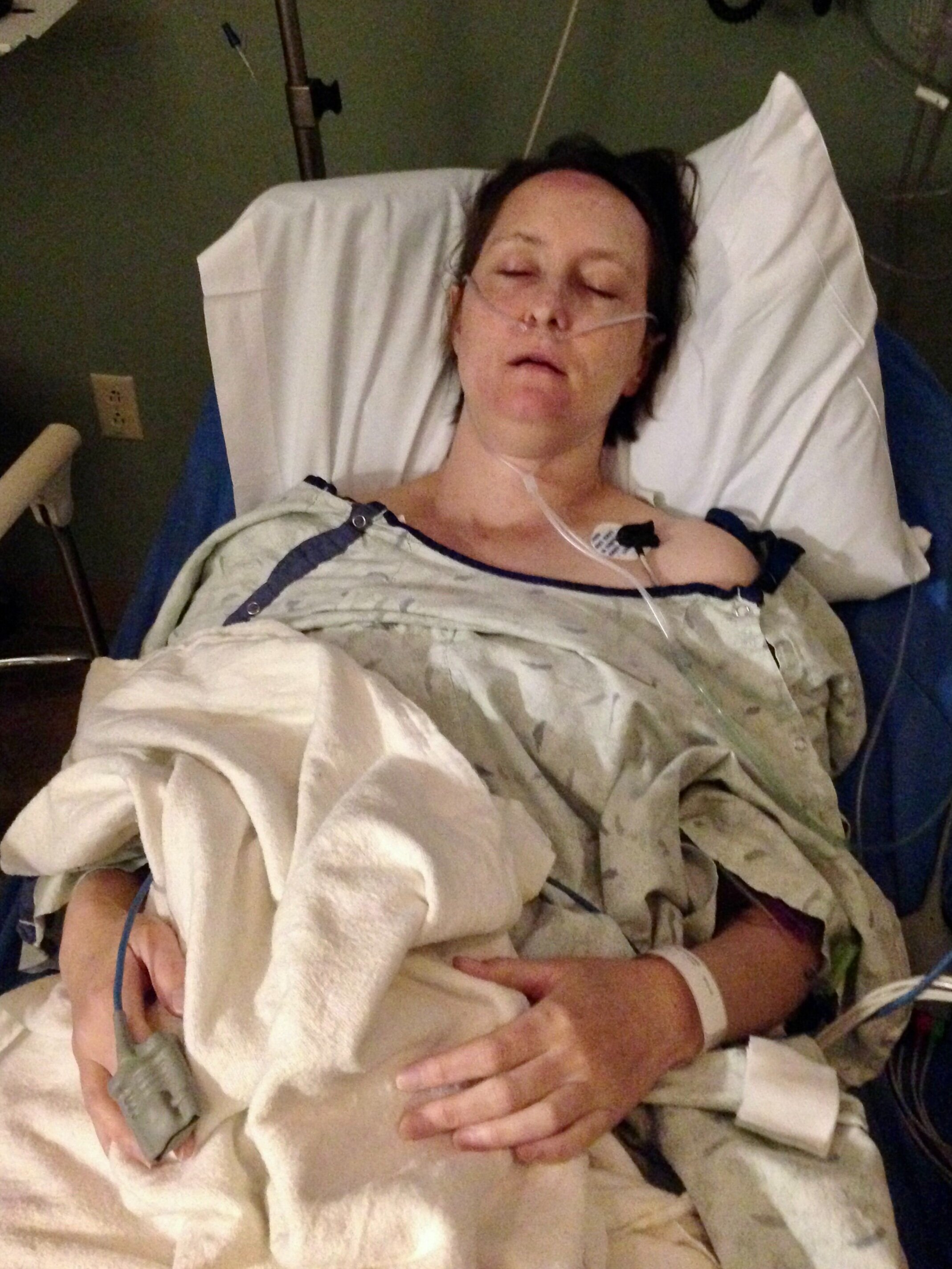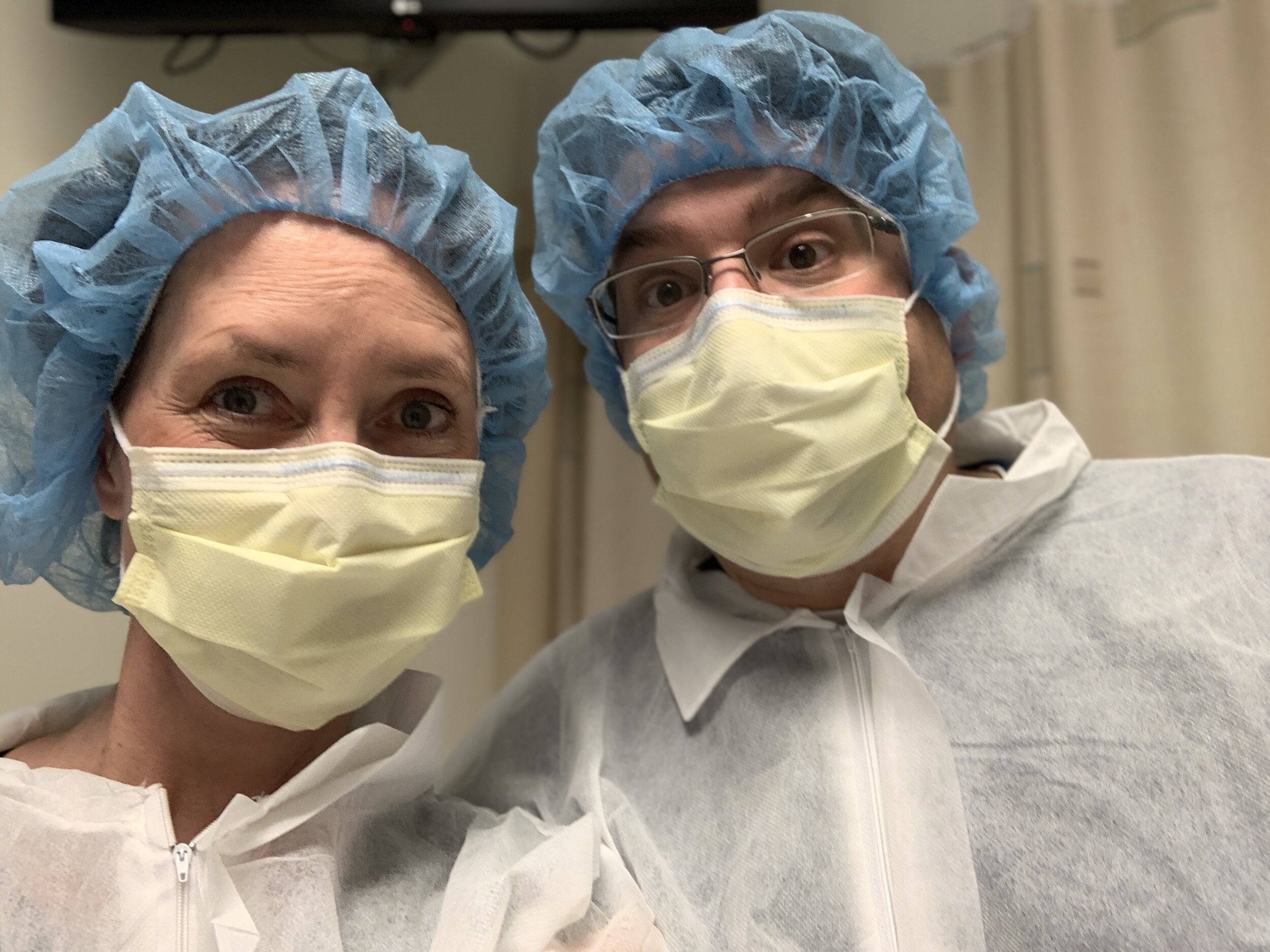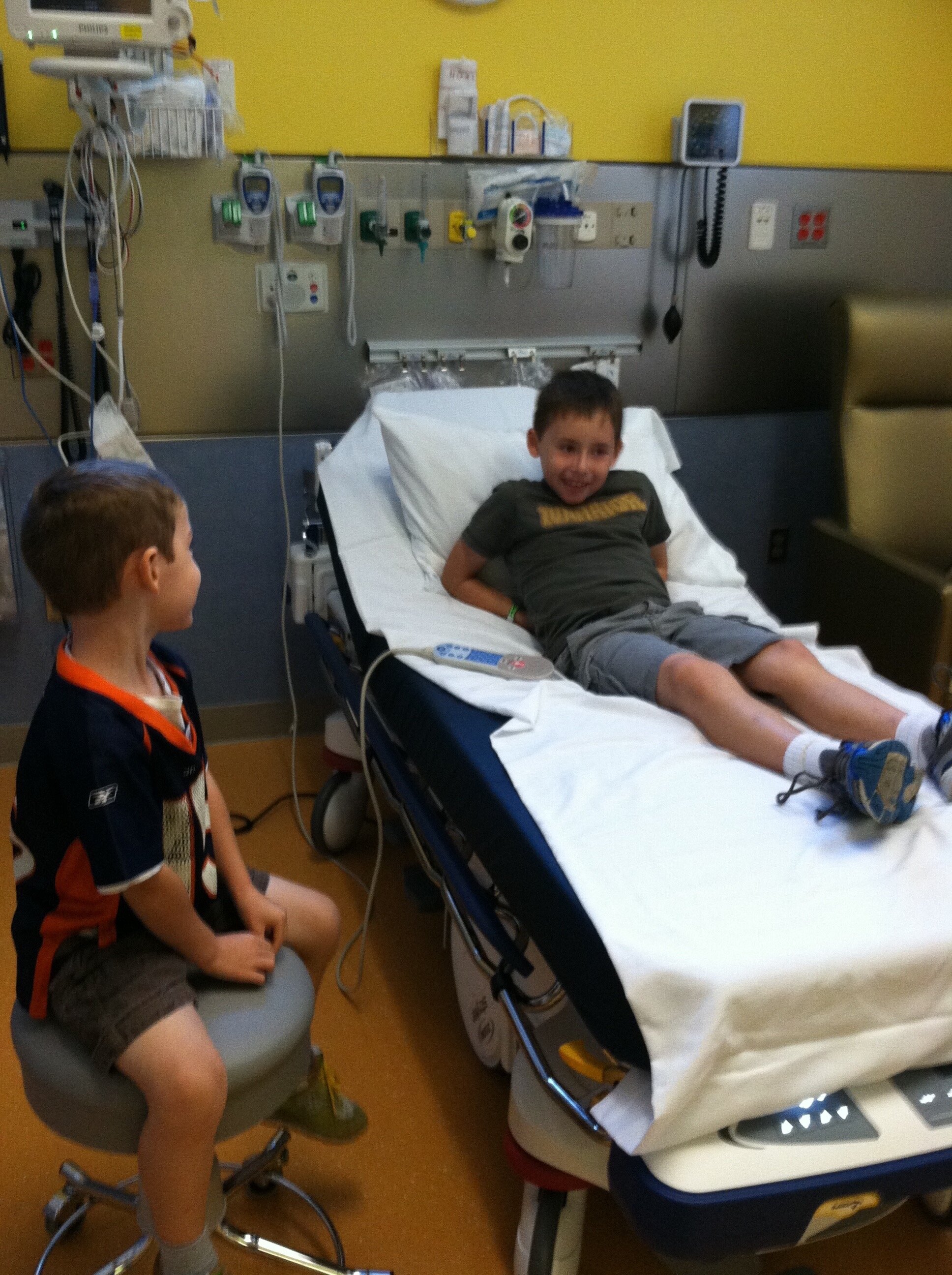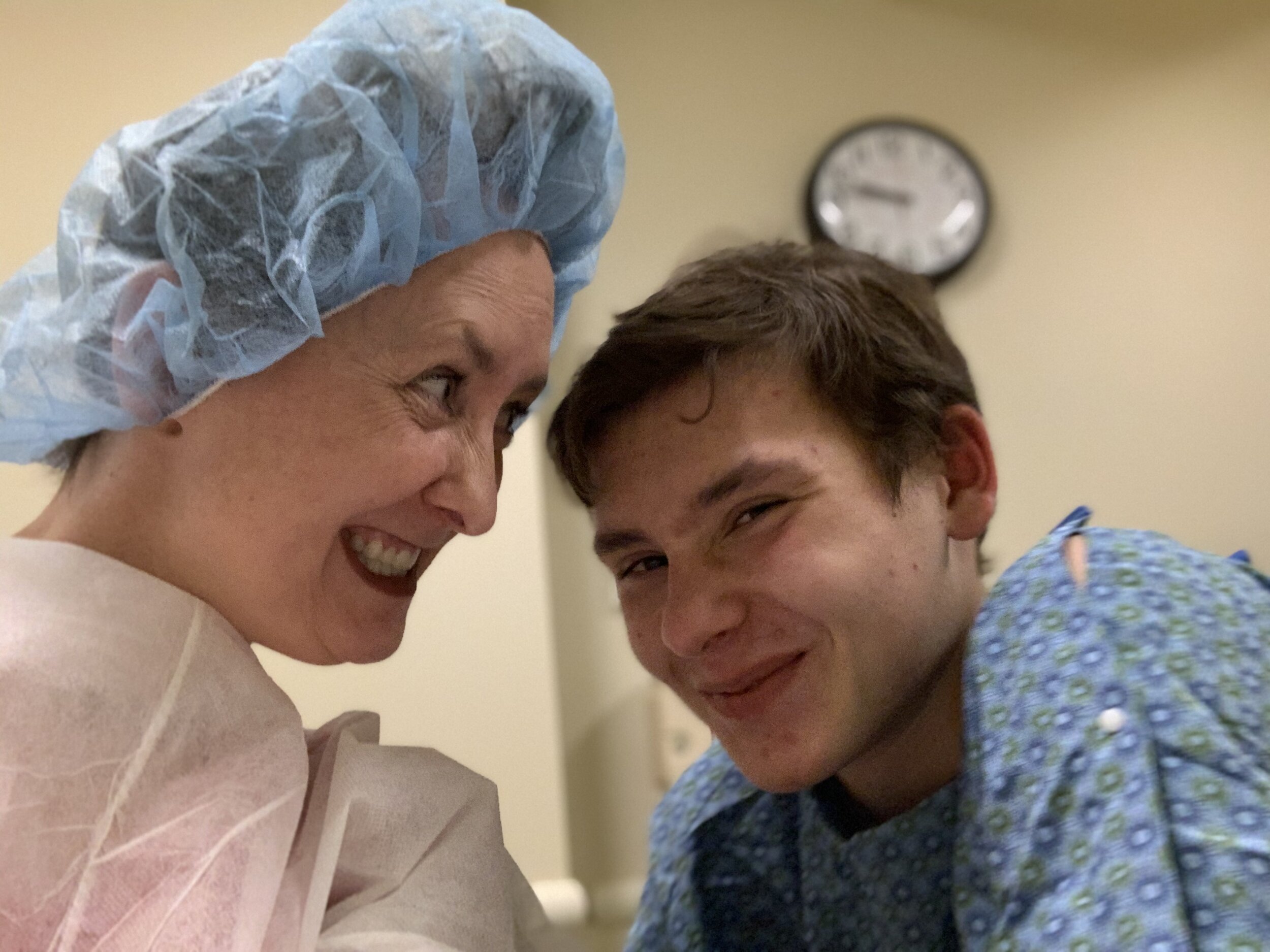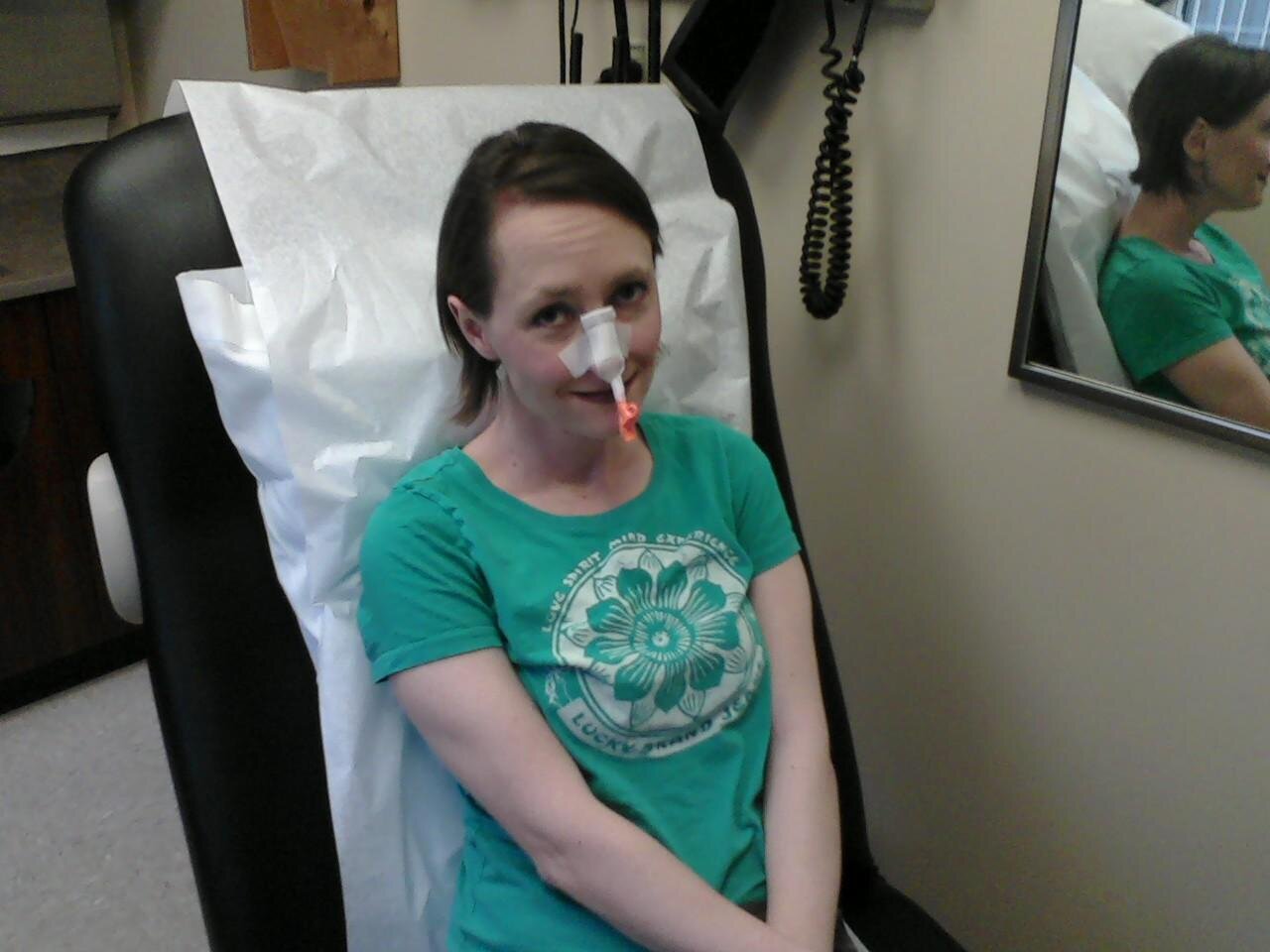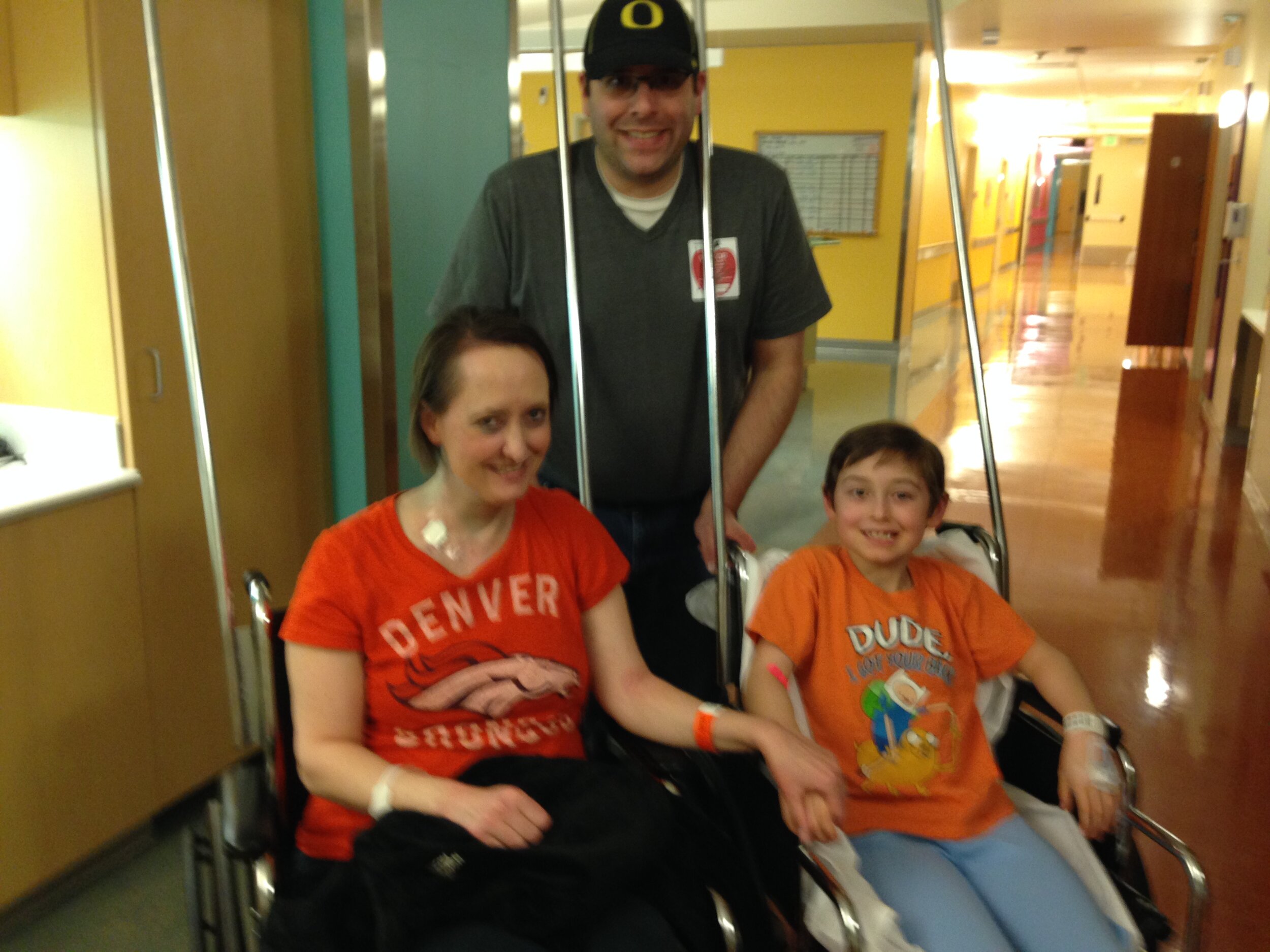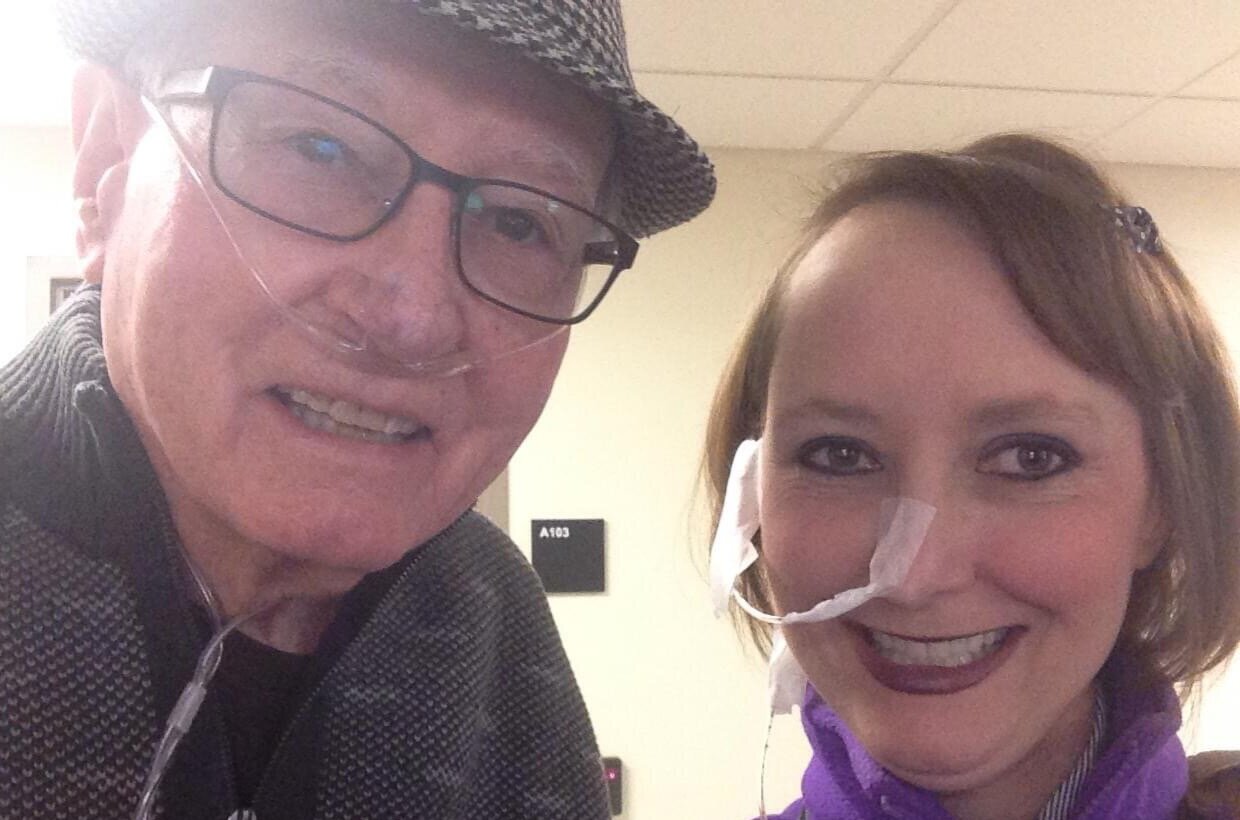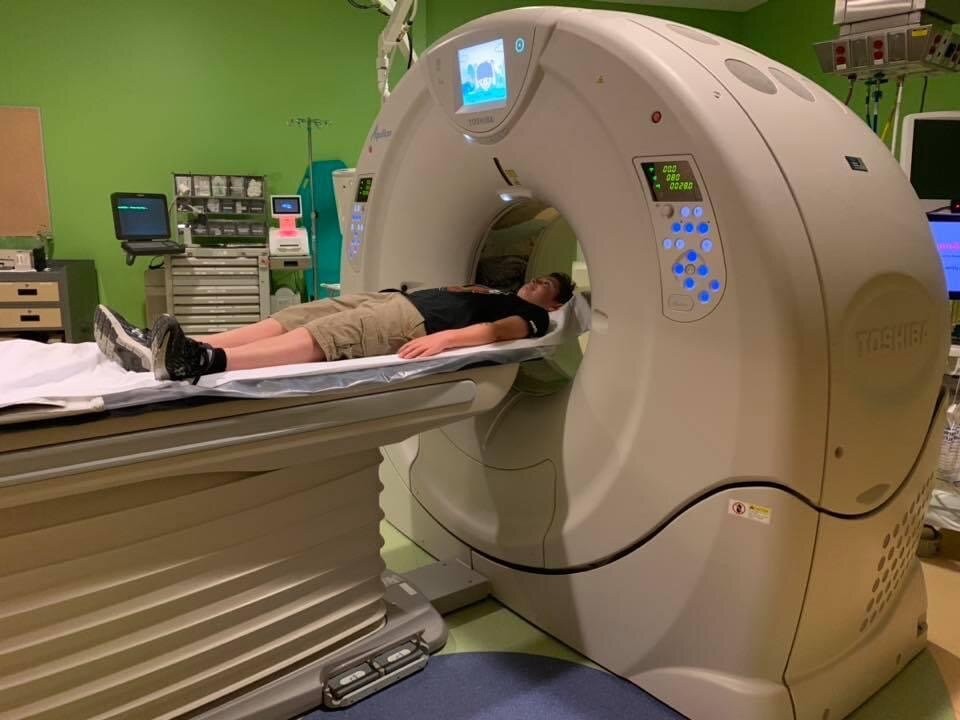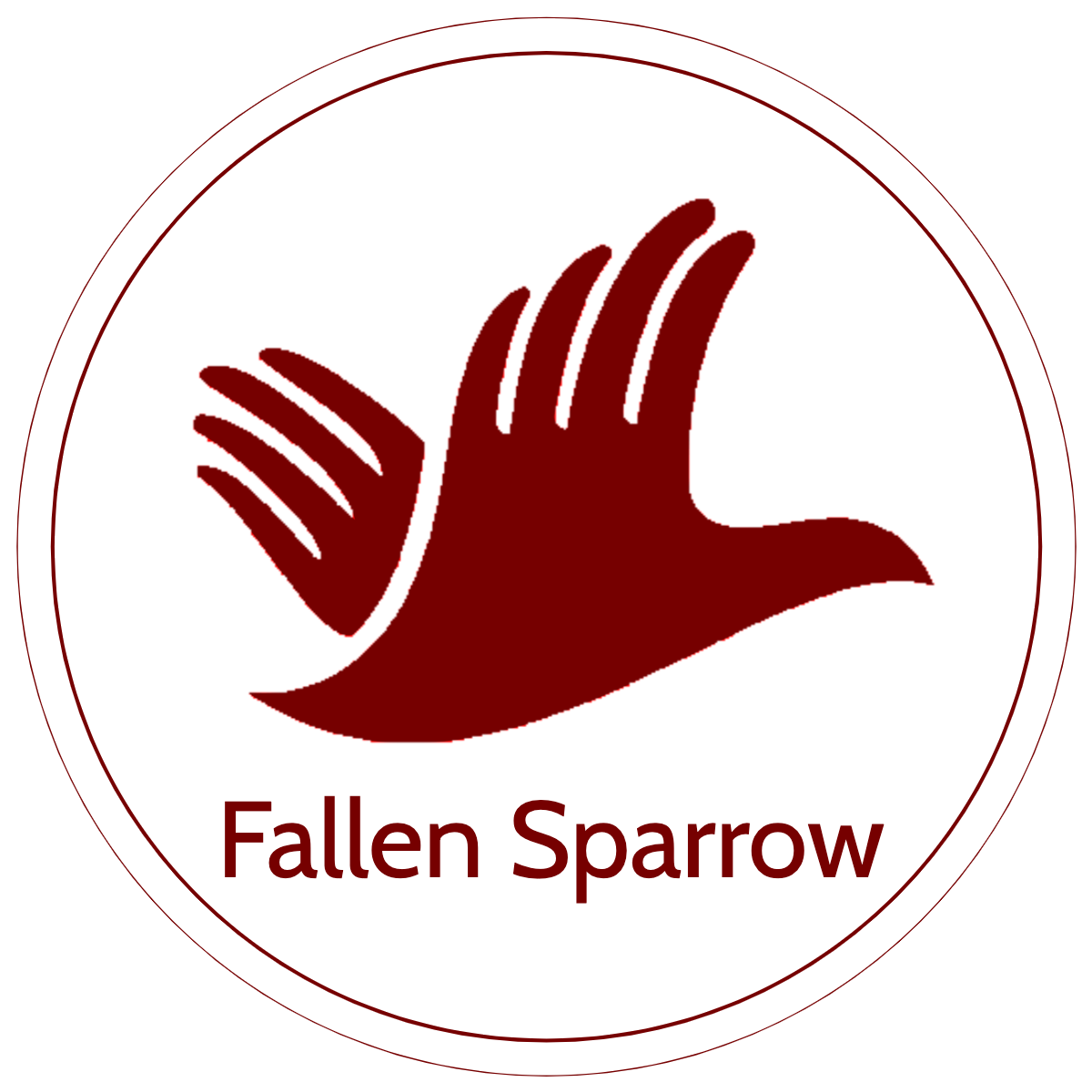The Catletts’ Story & The Birth of Fallen Sparrow
Jason and Andrea married young after meeting in the 1996 Olympics, where they were each volunteering. They had hope and zeal for their future, but unbeknownst to them, their lives would turn upside down with medical adversity. Things went okay during their first several years of marriage, but medical appointments became steady when their first son was 18 months old. Then shortly after their second son was born, life became a constant medical journey. At seven months old, their youngest son nearly died in Andrea's arms, and as time continued and diagnoses formed for both kids, Andrea and Jason began to discover what special needs parenting looked like. Due to the kids' medical concerns, Andrea homeschooled them when they were younger to keep them healthy and safe. Even with the kids at home, they often got sick from church or MOPS, and minor colds for other kids turned into two to three weeks of round-the-clock breathing treatments for the boys due to their severe asthma.
Having the kids sick all the time was really challenging. Then in 2009, Andrea also got sick, which started countless tests, procedures, and a few surgeries. Within five years, she declined tremendously due to a severe infection, along with being diagnosed with Postural Orthostatic Tachycardia Syndrome (POTS) and multiple C-diff infections resulting in bacteriotherapy and fecal microbiota transplantation. You would think the Catlett family would have enough care between a cardiologist, gastroenterologist, ENT, OBGYN, immunologist, infectious disease doctor, therapists, and primary care doctors, but they still needed more. So, they moved from Oregon to Colorado in 2014 to be closer to family and receive more specialized care.
After the move, Jason and Andrea lost their home in Oregon because they couldn't keep up with their mortgage, medical insurance, copays, deductibles, out-of-pocket medical costs, and moving expenses while renting a place to live in Colorado. It was just too much. At this time, Andrea was practically bedridden as her POTS kept her from being upright. In addition, because POTS is a neurological disorder, it prevented her from most daily activities we all take for granted. Cooking a simple meal on the stove or baking something in the oven became impossible as she could not regulate her temperature, and she often would have fainting spells due to the heat. Putting clothes or groceries away would cause her to pass out as her body could not regulate her blood pressure. Since POTS affects the autonomic nervous system, everything that her body used to do automatically became hard to do and still, to this day, is hard for her to do. Andrea's symptoms stole much of her life, and she declined from being an avid runner to the point where she could not walk up a flight of stairs or across the room without having to sit down to catch her breath.
While Andrea was dealing with her own health struggles, the family's first pediatrician in Colorado made a referral that changed the whole family's dynamics. What they thought was a simple med check for their oldest son turned into a referral to Children's Hospital for the Pediatric Developmental Clinic. Their son received an autism diagnosis a few appointments later. This brought a tidal wave of therapy and other medical appointments. The family would easily have three to five doctor appointments a week between both children's and Andrea's appointments. Life had transformed from coffee and playground dates in Oregon to medical madness in Colorado. Even on days they didn't have appointments, they would be doing something medical such as going to the pharmacy, doing breathing treatments, practicing "homework" from therapy, or being sick in bed.
Early in 2016 was the Catletts' second biggest scare. They took their second-born son into the ER because he had been running a 105 fever. Although that wasn't anything new for him, he also had a seizure, was delusional, and his speech was slurred. When the family got to the ER, the medical team initially thought he had a stroke because he was paralyzed on one side of his face. The hospital called Flight for Life, and he was sent from one Children's ER where they didn't have an ICU to another hospital. A few days later, while their son was still in the hospital, Andrea had minor surgery to implant a port to make infusions easier. The constant needles in her arms had been blowing out her veins due to her connective tissue disorder. Thankfully Andrea had her surgery next door to the hospital where their son was receiving care so that Jason could visit them both. Per their new normal, this all took place on Jason and Andrea's wedding anniversary.
Later that same year, Andrea spent her birthday in the hospital. She was admitted this time for her eighth surgery on her birthday, which rid her of Premenstrual Dysphoric Disorder (PMDD). This terrible diagnosis had affected Andrea's mental health and, subsequently, the whole family. Full of gratitude for this surgery, Andrea considered it a birthday present. Still, she suffered from many illnesses other than PMDD and POTS, such as Mast Cell, Antiphospholipid Syndrome, endometriosis, memory impairment, Ehlers Danlos, asthma, Raynaud's, small fiber neuropathy, chronic fatigue, and more.
After everything that occurred in 2016, which added to all the prior years of intense medical bills, the Catlett's were financially ruined. They were way beyond what they could handle and had to declare bankruptcy. They were also strained from fighting a legal battle with the Social Security Administration about disability benefits for Andrea, which she applied for in 2014. Thankfully, late in 2016, a judge deemed Andrea disabled based on her appeal. He even deemed her disabled as of 2009 when she first became sick. While Jason and Andrea were thankful for the much-needed financial assistance, they were saddened by this new disability label and the social stigma accompanying SSDI recipients.
Although her last surgery had a long recovery, Andrea functioned more in 2017 due to her increased infusions and in-home care. She was no longer bedridden. The children received help in school, one with a 504 plan and another with an IEP. Middle school was torture because their oldest son faced bullying and suffered from an endocrine disease, but the family got through. Andrea went to bat for her son and quickly got him in another school, and he had medicine for his adrenal system.
By 2018, the Catletts thought they had gone through it all. Then Jason lost his job. Over the next six months, he submitted hundreds of job applications, completed dozens of interviews, invested hours in social networking, and created countless resumes. But when Jason still could not find a job, he began driving for rideshare services and working odd jobs just to bring in some money. He eventually started his own consulting company and worked with local businesses to help them with operations. The Catletts were thankful for the work, but things were challenging and stressful as Jason's pay was half his salary at his previous job. This lasted for three long years.
The COVID-19 pandemic arose during this season of financial strain, and the Catlett family found themselves especially careful as they worked to protect themselves from infection. Isolation was nothing new for the family due to being sick all the time, and Andrea had worn a mask for years due to mast cell. However, they weren't familiar with losing a parent. April 2020 plunged the family into grief, as Andrea's dad died alone on a COVID floor in the hospital.
In January of 2021, Andrea received a chaplaincy job at St. Anthony North Hospital, where she had previously completed an internship for one unit of clinical pastoral education. This new position helped the family financially and brought Andrea tremendous joy, as she found herself living her calling. Then in April, Jason found a good job again, and things were going great.
Unfortunately, after just a few months of employment as a chaplain, Andrea experienced her health decline. As a result, she cut back her hours at the hospital and then eventually had to quit. Yet, she found herself thinking there must be a way to start telehealth chaplaincy.
Since then, she has spent time in various memory care communities and another hospital, taking another unit of CPE along with caring for the needs of her family and her 85-year-old mother. The whole family continues to have many appointments and resides in a multigenerational home.
This story is how Fallen Sparrow was born. Andrea and Jason Catlett, founders of Fallen Sparrow, believe the losses and experiences they have gone through are to help other people like you. They know the pain and agony of a complicated medical life and also know loss and grief. Fallen Sparrow wants you to know you are seen. You are known. You are not alone. Fallen Sparrow is here to provide care and support to you in your situation.
